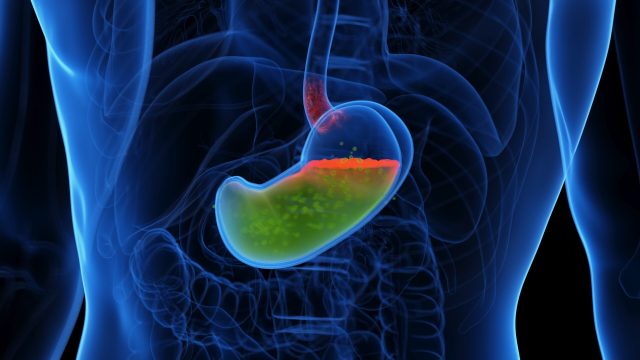Course Summary
Gastroesophageal reflux can occur in the first months of life, and it often resolves by age one. As individuals age, consistent symptoms of gastroesophageal reflux disease or heartburn can lead to complications. Successful management includes an understanding of the disorder, medication, dietary approaches, and education on managing symptoms. Several drugs are used for the treatment of gastroesophageal reflux disease. Patients should be investigated for symptoms and followed up through recommended diagnostic testing and treatment.
Course Format
Homestudy
Course Syllabus
- Introduction
- Epidemiology and Pathophysiology
- GERD and FGID Overlap
- Prevalence Rates
- Lower Esophageal Sphincter and GERD
- GERD Defined
- Dyspepsia and Other Common GERD Symptoms
- Risk Factors
- Postprandial Gastric Acid
- Transient Lower Esophageal Sphincter Relaxation
- Diagnosis
- Ambulatory Acid (pH) Probe Test
- Endoscopy
- Esophageal Manometry (Motility) Testing
- Complications of GERD
- Esophageal Stricture and Ulcer
- Throat and Lung Symptoms
- Barrett's Esophagus
- Esophageal Cancer
- Treatment
- Erosive versus Non-erosive Subtypes
- PPI and Lifestyle Treatment
- Non-prescription and Prescription Medication
- Nissen Fundoplication
- Linx Device
- Summary
Author
Marilyn Lajoie, MD, DC, CCSP
Dr. Marilyn Lajoie obtained her medical degree from Saba University School of Medicine in 1999, Her residency began with one year of Anatomical and Surgical Pathology at Orlando Regional Medical Center, before transferring within the same post-graduate residency program to Internal Medicine. Upon completion of residency, she went into private practice in Orlando, where she specialized in Internal Medicine, Sports Medicine and Rehab, as well as acute and chronic pain management. Before becoming a medical doctor, she had practiced as a Chiropractic Physician, graduating from New York Chiropractic College in 1980, practicing initially on Long Island, N.Y., before moving to Florida where she had a successful chiropractic practice and physical rehabilitation center, and gained recognition as a Certified Chiropractic Sports Physician. Dr. Lajoie was also the Director of Physical Therapy at Horizon Hospital, a residential and outpatient psychiatric hospital, and later, continued in the same capacity at Horizon’s sister psychiatric hospital in Brooksville, Florida. Dr. Lajoie maintained her chiropractic license and continued to practice both Internal Medicine and Chiropractic throughout private practice, until moving to the Veterans Healthcare System in 2014. Continuing in both fields, she became the Deputy Chief of Staff for the Montana VA, where she completed her service in 2021. Dr. Lajoie now works predominantly in telemedicine, and in an Expert Witness capacity for both medical and chiropractic cases. Still living in Montana, she enjoys being able to treat not only the rural areas of the state through this technology, but also patients across the US where she maintains multiple active state licenses. She and her husband also own a llama ranch with over thirty llamas that are hand selected for rare genetics. At the llama ranch, the public is invited to come and visit to learn about these elegant creatures, and to see ranch life firsthand – llama style! Dr. Lajoie and her husband have six adult children, as well as seven dogs.


